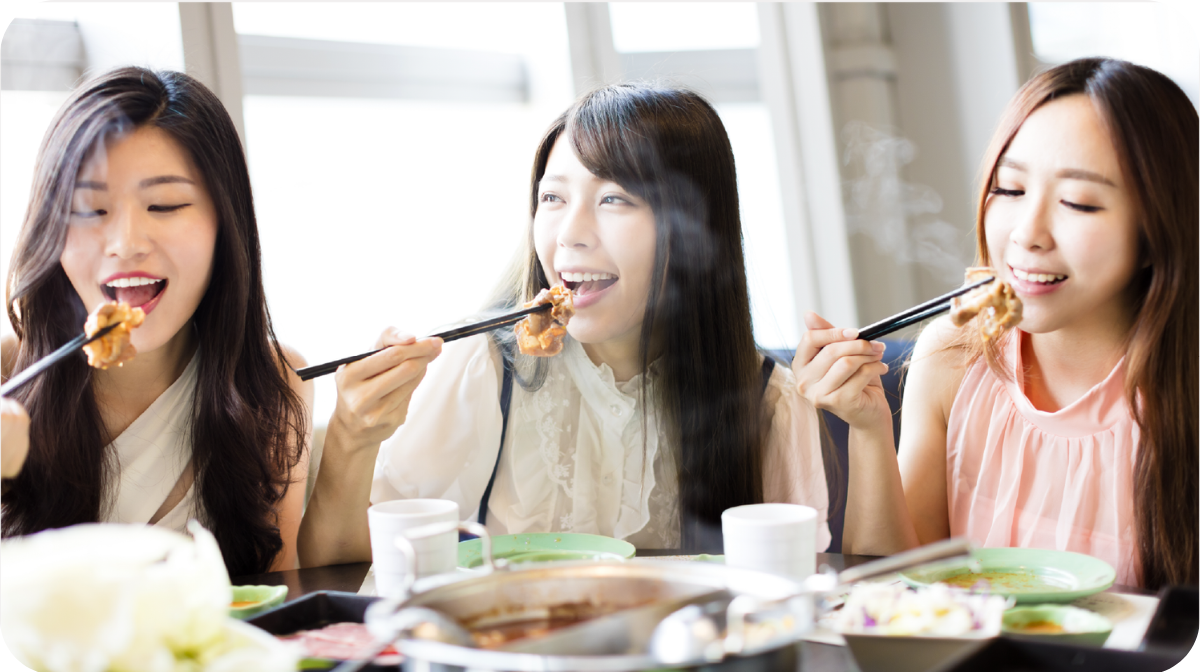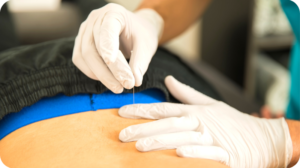If you’re hoping to live as long as possible and avoid major diseases along the way, you might want to consider adopting the Japanese eating practice called Hara Hachi Bu. The phrase roughly translates to “eat till 80 percent full.”

It is a common dietary practice on the Japanese island of Okinawa. The Japanese have the longest lifespan of any country, and Okinawa has the longest lifespan of any prefecture in Japan. Okinawans also have a statistically low incidence of heart disease, cancer, and diseases of aging. Diet likely plays a large part in their exceptional health and longevity.
Hara Hachi Bu focuses on two factors:
- Eating slowly. It takes 20 minutes on average for the stomach to transmit a feeling of fullness to the brain. Most people will have consumed their entire meal within that time; by the time they feel “full” they have likely eaten more than their fill. Hara Hachi Bu practitioners consume their food slowly, to allow the body and brain time to process the meal—and to stop before they ever feel totally full.
- Mindfulness. The practice requires paying close attention to how the body responds to food. It also means leaving food on the plate in many cases, something with which many Westerners struggle. A bonus to eating mindfully is a greater enjoyment of food—savoring subtle secondary flavors, nuances of texture, and particulars of mouth feel.
This is more than theory to me. I can attest to the weight-control benefits of Hara Hachi Bu. I’ve practiced this technique for about five years, and have maintained a low BMI during that period. I’ve also focused on mindful eating for almost my entire adult life, and I find I enjoy and appreciate food much more than I did when I was younger.
There is a wealth of scientific evidence that overeating—and the obesity that results from it—can lead to many serious diseases. I’ve also read several studies that advocate the benefits of intermittent fasting, so it seems only logical that limiting your caloric intake meal by meal would have a range of health benefits.
It is, however, important to note that the typical Okinawan diet includes high amounts of Omega-3 oils, lean proteins, and low amounts of saturated fat. Those dietary factors likely also play a part in the population’s unusually robust good health.
Share some love if you like this post!







